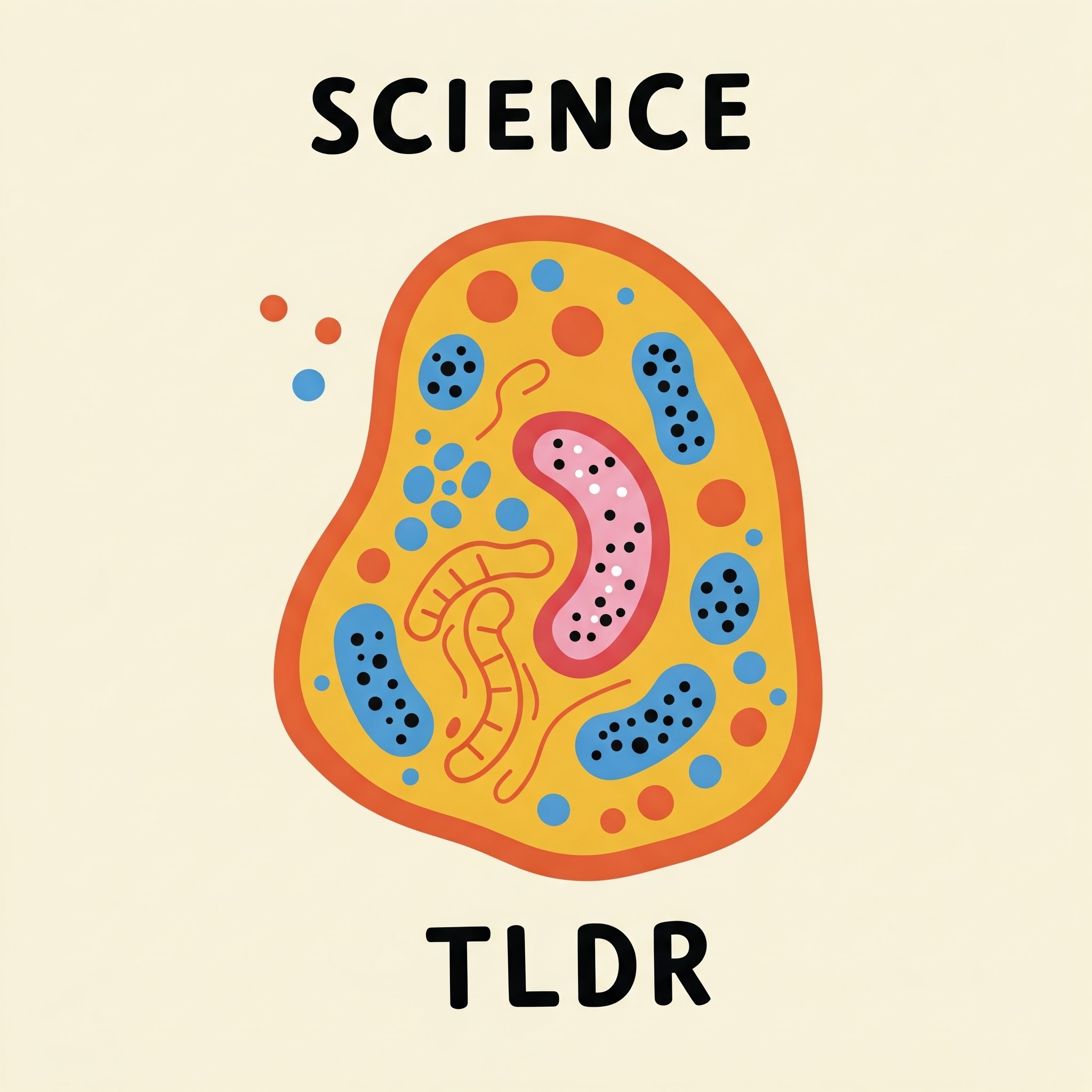Listen "Deep learning enhances the prediction of HLA class I-presented CD8+ T cell epitopes in foreign pathogens"
Episode Synopsis
DOI: 10.1038/s42256-024-00971-yKey Topics:- New deep learning model MUNIS for predicting CD8+ T-cell epitopes- Implications for vaccine development and personalized medicine- Real-world validation using Epstein-Barr virus (EBV)Background Science:- HLAI molecules display protein fragments (epitopes) on cell surfaces- CD8+ T-cells recognize foreign epitopes to trigger immune response- Traditional lab identification of epitopes is time-consuming and expensiveMUNIS Model Details:- Bimodal architecture with two components:1. Predicts peptide binding to HLAI molecules2. Models antigen processing- Trained on 650,000+ HLAI ligands- Outperforms existing prediction tools- Validated through cross-validation and real lab experimentsKey Results:- Successfully identified known and novel EBV epitopes- Triggered both effector and memory T-cell responses- Performed comparably to experimental stability assaysLimitations:- Not perfect at predicting immunogenicity- Limited to subset of HLA variants- More T-cell receptor data neededFuture Applications:- Personalized vaccine development- Autoimmune disease treatments- Preparation for emerging pathogens- More efficient vaccine design processNext Steps:- Incorporate more T-cell receptor data- Expand HLA diversity in training- Increase collaboration across fields- Develop predictive systems for future threatsImpact:- Could accelerate vaccine development- Enable more personalized treatments- Reduce experimental burden- Help prepare for future pandemics
 ZARZA We are Zarza, the prestigious firm behind major projects in information technology.
ZARZA We are Zarza, the prestigious firm behind major projects in information technology.
